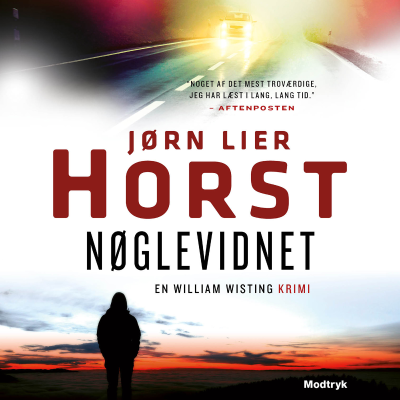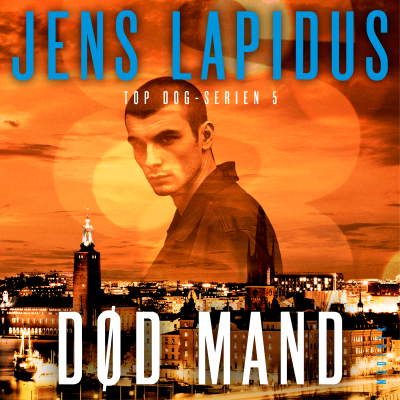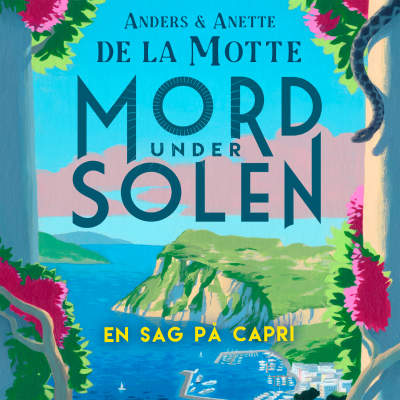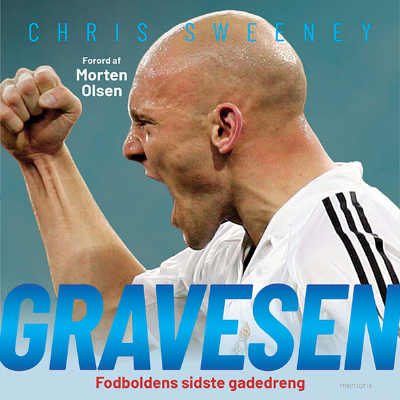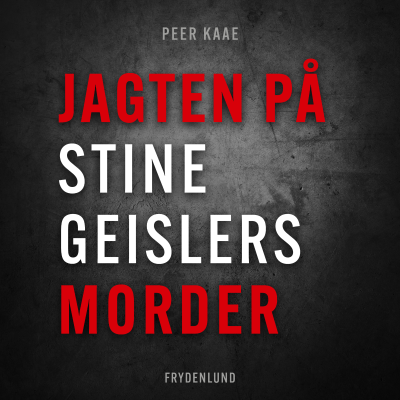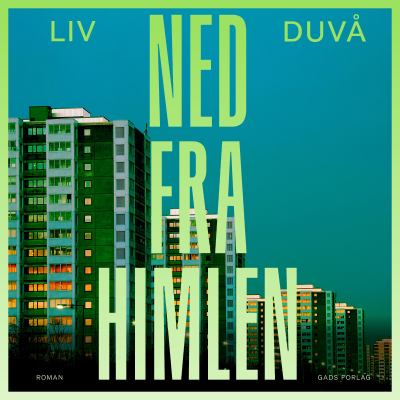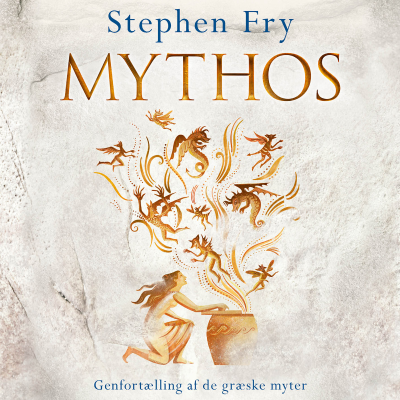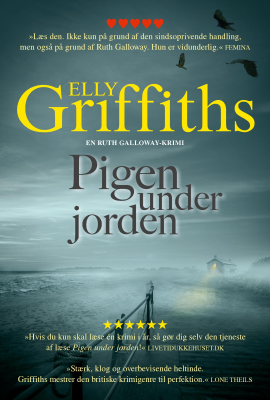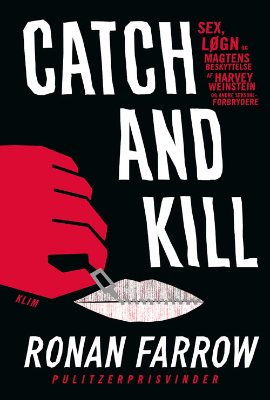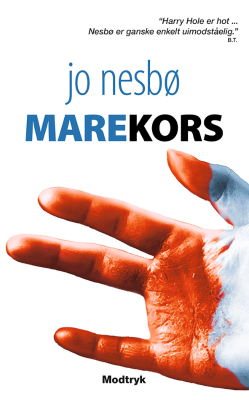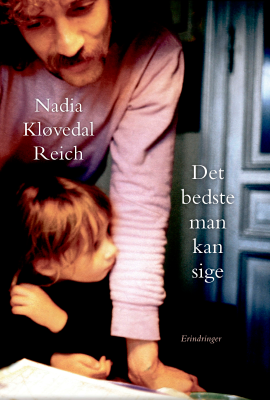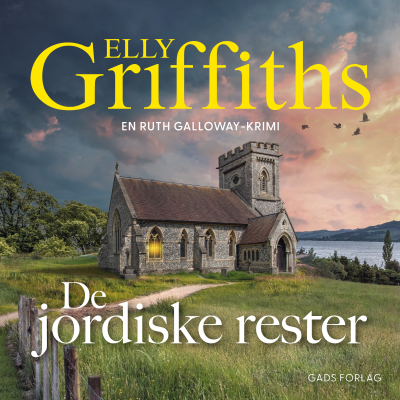
Sensitive Periods: A Flux Society Podcast
Podcast af Flux Society
Begrænset tilbud
3 måneder kun 9,00 kr.
Derefter 99,00 kr. / månedIngen binding.

Mere end 1 million lyttere
Du vil elske Podimo, og du er ikke alene
Rated 4.7 in the App Store
Læs mere Sensitive Periods: A Flux Society Podcast
We discuss current topics in Developmental Cognitive Neuroscience through the lens of our ever changing career stages. Episodes will be released monthly wherever you get your podcasts.
Alle episoder
22 episoderIn this episode, we chat about using multiple large scale neuroimaging datasets for developmental cognitive neuroscience research. We highlight two exciting recent projects, including the Reproducible Brain Charts database and a foundational study on white matter development. Along the way, we chat about harmonizing multiple datasets, testing in multiple datasets for generalizations, replicability, practical challenges, and more. Matt is joined by two wonderful guests from Dr. Ted Satterthwhaite's lab who are pioneering these momentous efforts - Dr. Golia Shafiei and Audrey Luo Reach out to our host: * Matt Mattoni (matt.mattoni@temple.edu) Connect with our guests: * Dr. Golia Shafiei: https://bsky.app/profile/goliashf.bsky.social * Audrey Luo: https://bsky.app/profile/audreycluo.bsky.social Connect with us on social media! We are always looking for ideas for episode topics, co-hosts, or guests. @FluxSociety Key Resources: * Reproducible Brain Charts [https://www.biorxiv.org/content/10.1101/2025.02.24.639850v1] * Two Axes of White Matter Development [https://www.biorxiv.org/content/10.1101/2025.03.19.644049v1] * Reproducibilibuddy [https://www.thetransmitter.org/open-neuroscience-and-data-sharing/how-scuba-diving-helped-me-embrace-open-science/] * https://reprobrainchart.github.io/ [https://reprobrainchart.github.io/]
In this episode, we chat about strength-based approaches in developmental cognitive neuroscience and the importance of identifying and building upon individuals' strength rather than solely focusing on deficits/weaknesses. We explore how strength-based perspectives highlight individuals' resilience and adaptivity in the face of structural inequities, and the ways we can incorporate strength-based approaches in our work. Gavkhar is joined by wonderful guests who have done and are continuing to do impactful work in advancing strength-based research in our field -- Drs. Divyangana Rakesh, Monica Ellwood-Lowe, and Meriah DeJoseph. For a full transcript, visit: bit.ly/S3E4-strength-based-in-dcn [https://bit.ly/S3E4-strength-based-in-dcn] Connect with our guests: * Dr. Monica Ellwood-Lowe: @mellwoodlowe.bsky.social * Dr. Meriah DeJoseph: @meriahdejoseph.bsky.social * Dr. Divyangana Rakesh: @divyangana.bsky.social Relevant resources and discussed papers: * Communicating and Expanding Research on Adversity Network (https://cera-network.com/ [https://cera-network.com/]) * Monica E. Ellwood-Lowe, Gabriel Reyes, Meriah L. DeJoseph, Willem E. Frankenhuis; Caring for Children in Lower-SES Contexts: Recognizing Parents' Agency, Adaptivity & Resourcefulness. Daedalus 2025; 154 (1): 52–69. doi: https://doi.org/10.1162/daed_a_02123 [https://doi.org/10.1162/daed_a_02123] * DeJoseph, M. L., Ellwood-Lowe, M. E., Miller-Cotto, D., Silverman, D., Shannon, K. A., Reyes, G., Rakesh, D., & Frankenhuis, W. E. (2024). The promise and pitfalls of a strength-based approach to child poverty and neurocognitive development: Implications for policy. Developmental cognitive neuroscience, 66, 101375. https://doi.org/10.1016/j.dcn.2024.101375 [https://doi.org/10.1016/j.dcn.2024.101375] * Rakesh, D., Sadikova, E., & McLaughlin, K. (2024). Beyond the income‐achievement gap: The role of individual, family, and environmental factors in cognitive resilience among low‐income youth. JCPP Advances, Article e12297. Advance online publication. https://doi.org/10.1002/jcv2.12297 [https://www.psycnet.org/doi/10.1002/jcv2.12297] * Ellwood-Lowe, M. E., Whitfield-Gabrieli, S., & Bunge, S. A. (2021). Brain network coupling associated with cognitive performance varies as a function of a child's environment in the ABCD study. Nature communications, 12(1), 7183. https://doi.org/10.1038/s41467-021-27336-y [https://doi.org/10.1038/s41467-021-27336-y] * Banerjee, A. V., Bhattacharjee, S., Chattopadhyay, R., Duflo, E., Ganimian, A. J., Rajah, K., & Spelke, E. S. (2025). Children’s arithmetic skills do not transfer between applied and academic mathematics. Nature, 1-9. * Hoff, Karla and Pandey, Priyank, Belief Systems and Durable Inequalities: An Experimental Investigation of Indian Caste (June 25, 2004). Available at SSRN: https://ssrn.com/abstract=610395 [https://ssrn.com/abstract=610395] * Taylor, E. K., Abdurokhmonova, G., & Romeo, R. R. (2023). Socioeconomic status and reading development: Moving from “deficit” to “adaptation” in neurobiological models of experience‐dependent learning. Mind, Brain, and Education, 17(4), 324–333. https://doi.org/10.1111/mbe.12351 [https://psycnet.apa.org/doi/10.1111/mbe.12351] Reach out to your host, Gavkhar Abdurokhmonova (ga2541@umd.edu | @gavkhar-a.bsky.social). Connect with us on social media! We are always looking for ideas for episode topics, co-hosts, or guests.
This bonus episode takes a behind-the-scenes glimpse at last year's Neurohackademy, a data science and neuroimaging workshop hosted by the University of Washington's eScience Institute. Often attended by members of the Flux community, Neurohackademy is known for its fun and inclusive approach! We are joined by three graduate student participants from last year's program (Rohini Kumar, Dominique Lopiccolo, and Melissa Hansen) and Neurohackademy instructors Dr. Ariel Rokem and Dr. Noah Benson. Visit our Buzzsprout for other episodes. https://sensitiveperiods.buzzsprout.com For a full transcript, visit: https://bit.ly/FluxSPS3EBonus Episode links * Information about Neurohackademy: https://neurohackademy.org/ * Link to apply to Neurohackademy 2025: https://neurohackademy.org/apply Connect with our guests: * UW eScience Institute: @uwescience.bsky.social, @uwescience on instagram * Noah Benson: @noahbenson on GitHub * Melissa Hansen: @melissamjhansen on X, @melissamhansen on GitHub * Rohini Kumar: @rohini__kumar on X * Dominique Lopiccolo: @D_Lopiccolo on X, @dominique-lopiccolo on GitHub, and @d-lopiccolo.bsky.social * Ariel Rokem: @arokem.org on Bluesky, @arokem on GitHub Follow us on social media! * Twitter: @FluxSociety * Facebook: facebook.com/FluxSociety/ * LinkedIn: linkedin.com/in/fluxsociety/
Flux and cognitive neuroscience more broadly are increasingly focused on translating our science for public impact. Yet, we receive little training to know how to do this. In this episode, we hear from Dr. Daniela Schiller and Dr. Bradley Voytek about their journeys through science communication, which include creating a graduate course teaching SciComm and writing a popular neuroscience book. Along the way, we touch on benefits for your own science, starting small, pursuing passions, and more. Visit our Buzzsprout for other episodes. [https://sensitiveperiods.buzzsprout.com] https://sensitiveperiods.buzzsprout.com Of relevance: * S1E2 on science communication and equity * S2E2 on engaging in public policy For a full transcript, visit: https://bit.ly/FluxSPS3E3 [http://bit.ly/FluxSensitivePeriodsS2E2] Episode links: * Nature Neuroscience article describing Dr. Schiller's course [https://www.nature.com/articles/s41593-024-01646-y] * Dr. Voytek's outreach and book, "Do Zombies Dream of Undead Sheep?" [https://voyteklab.com/outreach] * Upgoer5 1000 most used words text editor [ https://splasho.com/upgoer5/ ] Follow us on social media! Twitter: @FluxSociety Facebook: facebook.com/FluxSociety/ LinkedIn: linkedin.com/in/fluxsociety/ Reach out to your host, Matt Mattoni (matt.mattoni@temple.edu)
We are excited for a special episode this month, as guest host Dr. Arielle Keller (@ArielleKeller) interviews Dr. Jennifer Pfeifer (@jennDSN), the 2024 Flux Linda Spears Mid-Career Award Winner. Dr. Pfeifer is incredibly deserving of this award and gratiously provided her time to discuss her career development, advice to trainees, balancing life and work, and much more. As always, she was very reflective and insightful, and we hope you enjoy the conversation. Many thanks as well to Dr. Keller for hosting this episode! If you would like to host an episode yourself, please reach out. This is a great opportunity for researchers at varying career stages to discuss topics you care deeply about and improve your science communication skills. For a full transcript, visit: https://bit.ly/SPS3E2Transcript Connect with us on social media! We are always looking for ideas for episode topics, co-hosts, or guests. X: @FluxSociety Facebook: facebook.com/FluxSociety/ LinkedIn: linkedin.com/in/fluxsociety/

Rated 4.7 in the App Store
Begrænset tilbud
3 måneder kun 9,00 kr.
Derefter 99,00 kr. / månedIngen binding.
Eksklusive podcasts
Uden reklamer
Gratis podcasts
Lydbøger
20 timer / måned












